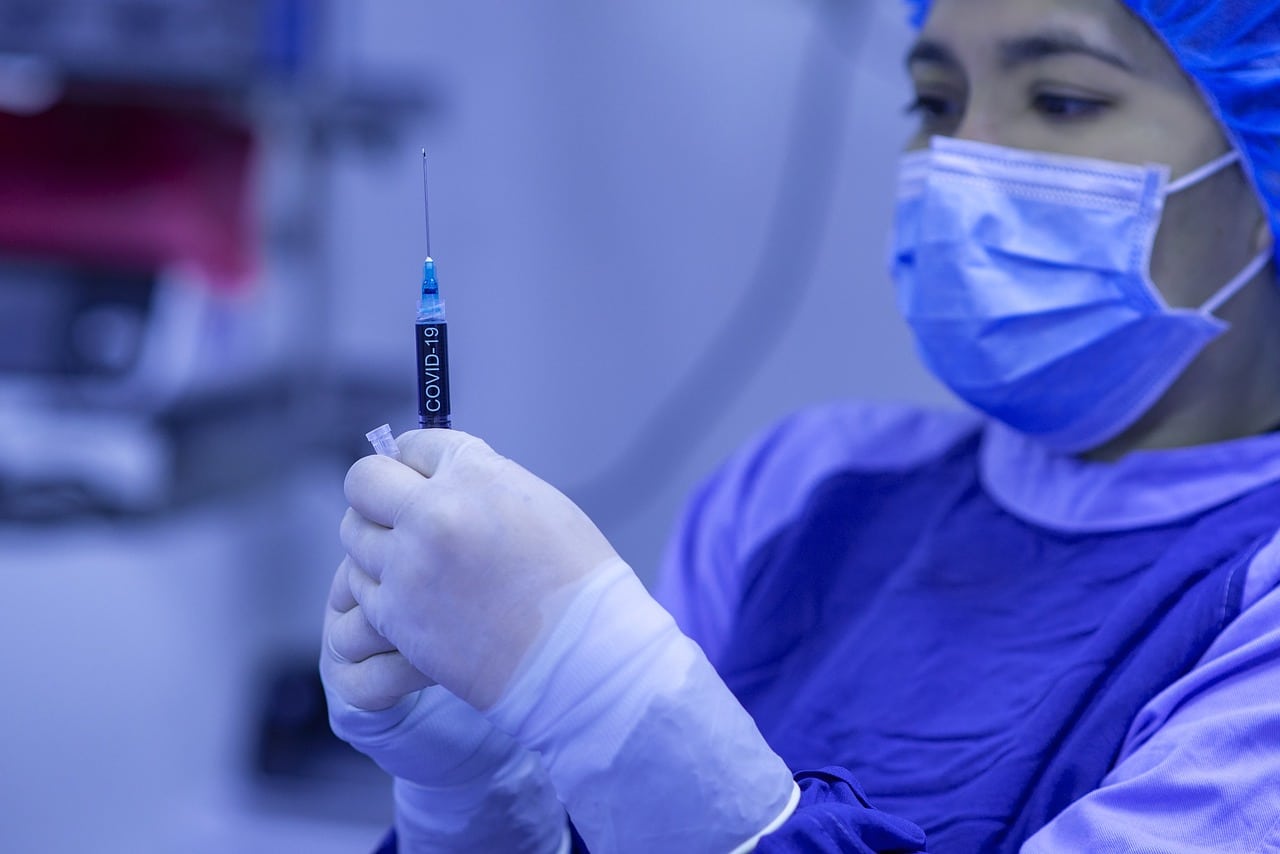The healthcare system plays a major role in society and helps to keep people from all walks of life in top shape. It is also one of the biggest employers and a sector with a vast array of roles to move into. One of the most popular advanced nursing positions is the family nurse practitioner (FNP). This role represents the next step on the career ladder for registered nurses and can come with greater autonomy, higher salaries and more responsibility.
Working FNPs will also usually see a wide variety of patients, which may sometimes include athletes. Therefore, people in this position must give the best support to athletes and help them in their sporting endeavors.
But how can you train as an FNP to do this, and what are the most common ways these nurses support athletes?
How do you become an FNP who supports athletes?
As with other healthcare roles, getting the right training is the most essential element to focus on. This will help you gain the extra skills and advanced knowledge required to work in this high-level nursing position. Rockhurst University’s post-graduate FNP certificate online is a popular program with this in mind and the ideal preparation for registered nurses with an MSN in another specialty, who want to become an FNP. In addition to teaching students all they need to know to support a range of patients, this program offers 100% online coursework and can be finished in just about four semesters.
How can qualified FNPs give the best help to athletes?
As noted above, FNPs are likely to see a diverse range of patients in their day-to-day role. This includes any athletes at their medical facility, clinic, or practice who may require specific support for their sporting activities.
Therefore, any working FNP needs to offer them the best possible support. But how can they do this?
Sports physical examinations
A good example of how professionals in this healthcare role can support athletes is by carrying out sports physical examinations. These kinds of examinations involve performing a physical examination on the patient, focusing on general health and specific physical/health features related to the sport in question.
This can most commonly be seen when someone takes up a new sport and wants to double-check that their body is in good shape. FNPs may also carry out sports physical examinations when an athlete is returning from a long lay-off or professional/semi-professional athletes must undertake a medical by a current/new club.
Prevention of injury
Another effective way for FNPs to support athletes is by helping them prevent injuries during their sporting activities. This can often be in the form of offering advice to athletes about living a healthy lifestyle to strengthen their bodies and prevent injuries. It can also involve reminding them of the importance of warming up and down.
FNPs can also advise patients who are athletes about not pushing their bodies too far when training and playing to prevent issues. They can also talk to them about listening to their bodies and taking a break from training or playing to rest when needed.
Injury assessment and treatment
Despite everyone’s best efforts to prevent them, injuries are an unfortunate by-product of most sports and often make the latest sporting headlines. This makes assessing and treating injuries a key way that FNPs can help athletic patients.
FNPs can use their advanced knowledge to examine the athlete’s injury and use their skills to diagnose the issue. They can also order tests and X-rays if the initial examination is inconclusive, and they need more information. After this assessment, they can formulate effective treatment plans to help the patient recover.
Management of concussion
A concussion is a serious injury that people in some sports can be at risk from and can occur after an athlete makes physical contact with the head.
As this is a very serious condition, proper management of concussion is essential for any athlete. This enables their condition to be closely monitored in the immediate aftermath of the incident and the proper care put into place for them.
FNPs can help by closely examining concussed patients who arrive at their facility and advising them on the best course of action in the next few days. FNPs working in their own practice or in local communities can also keep a close eye on the athlete in question for a few days to ensure their condition is managed well and does not get worse.
Rehabilitation and recovery
The rehab and recovery period are a difficult part of being injured for many athletes. This is when they might need to simply wait for their injury to heal before gradually returning to full fitness. This period can be challenging for athletes who get bored sitting around waiting for their injury to heal and find the recovery process tedious.
FNPs can support athletes by giving them pastoral and emotional support. This may involve talking to them about their feelings and offering encouragement to keep them on track. It can also see FNPs signposting athletes struggling with rehab and recovery to other healthcare professionals (such as mental health counselors).
Nutritional guidance
Diet is very important for all athletes. This is because it helps them stay in the best shape, live a healthy lifestyle, and compete in their sport. The right diet gives athletes the energy to train well and compete properly.
A big part of this is following an eating plan with the right food groups, vitamins, minerals and nutrients. FNPs can play a major part here by using their nutritional knowledge to offer trusted guidance.
Conclusion
The above shows that FNPs can offer top-class support to athletes in many ways. It also demonstrates the variety that working in this healthcare role delivers and the range of patients you may care for as a professional in this field.




